Why Performing All-on-4 Implants at Your Practice Pays Off
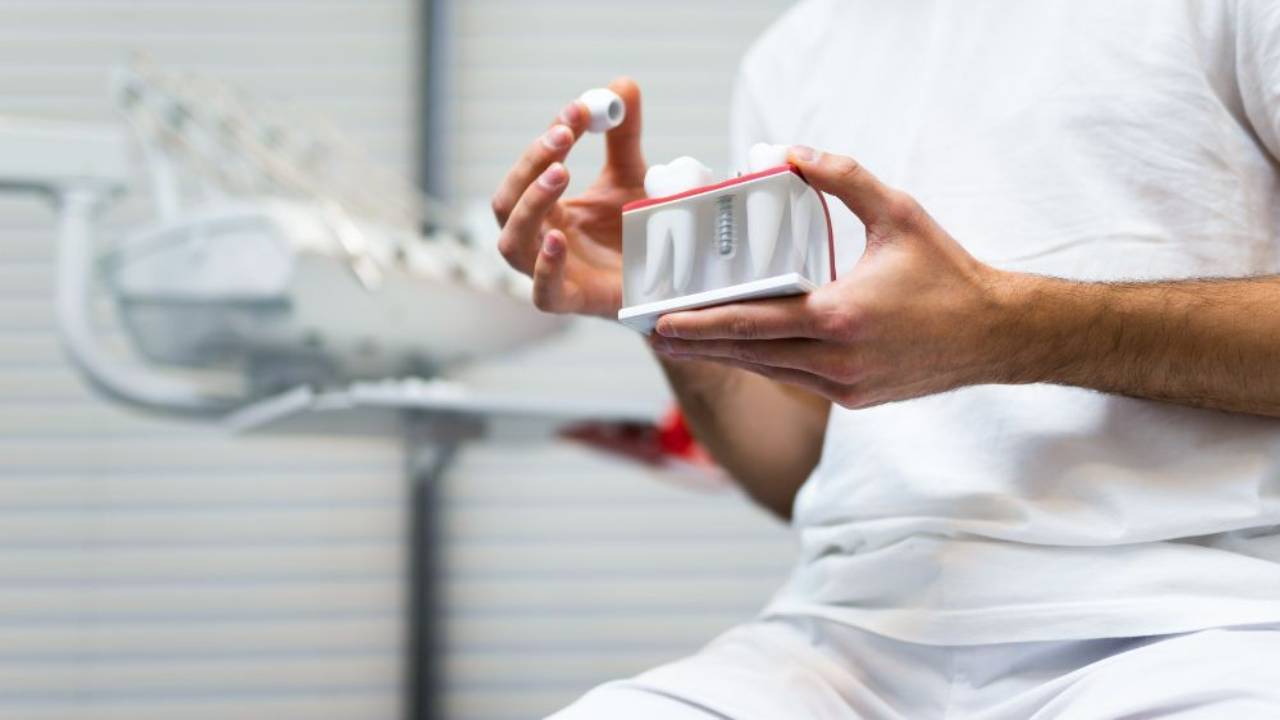
Keeping up with the latest treatments is a key part of offering the best care to your patients. That’s why many dentists looking to improve or expand their practice offer All-on-4 dental implants. This procedure has become quite popular in recent years because the implants are more durable and practical than dentures and other complicated dental procedures. Learning how to successfully perform All-on-4 implant procedures benefits both your patients and your business. See why performing this procedure at your practice pays off in the long run with this guide.
Brings in More Patients
When you offer All-on-4 implants as an alternative to traditional dentures and other implant procedures, you open your practice to a wider range of potential patients. All-on-4 implants can be the right choice for someone who wants to improve their oral health but may hesitate to undergo more complicated or lengthy procedures. Many people who need dentures prefer All-on-4 implants because they...
5 Ways To Build Trust With Dental Patients

Trust is crucial in dental practices. It plays a significant role in building patient relationships and retaining loyal clients. However, establishing trust is not an overnight process. It takes time, effort, and patience. As a dentist, you must understand that building trust means providing quality dental care while showing empathy, transparency, and professionalism. Implement these and other invaluable qualities in your practice with these five ways to build trust with dental patients.
Start With a Welcoming Environment
The environment of your practice plays a vital role in building trust with your patients. Make sure your clinic is warm, welcoming, and comfortable. Your receptionist should greet incoming patients with a smile and acknowledge their presence as soon as they enter the door. The waiting area should be clean, comfortable, and inviting. Play calming music and offer reading materials to help clients relax. You can also set up puzzles or games to help clients feel more...
What Are the Principles and Techniques of Dental Exodontia

Exodontia is the area of dentistry that revolves around tooth extractions. As the most common form of oral procedure, tooth extractions are a critical service for dentists to offer. Performing exodontia services requires a thorough understanding of the specific instruments, best practices, and operation workflow involved in the procedure.
Tooth extractions don’t have to be an anxiety-inducing experience for patients. The more emphasis you put on mastering even the most basic principles of exodontia, the better care you can provide for your patients. Learn more about the principles and techniques of dental exodontia and apply these practices to your own clinic to better serve clients and improve your skills as a dental professional.
The Importance of Preoperative Assessments
As with any medical procedure, exodontia must start with a preoperative patient assessment. Gathering information such as patient medical history, current medications, and ideal pain management strategies...
A Quick Guide to the Different Types of Dental Grafts
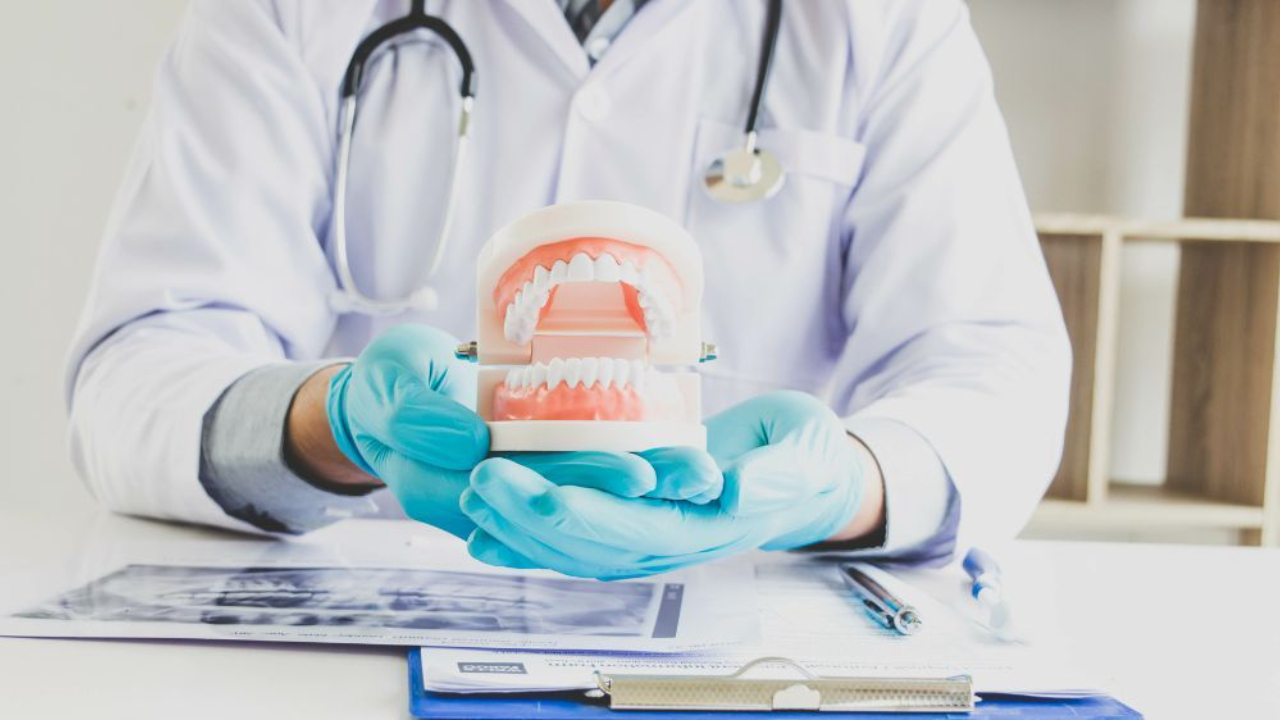
Bone grafts restore deteriorated jawbones to create a solid foundation for an upcoming dental implant. If your patient’s dental implant is going to be successful, they need a sturdy foundation to keep the screw and crown stable. Knowing the ins and outs of the different types of dental grafts is an essential skill for any dentist wanting to perform implants. Brush up on your knowledge of dental bone grafts and the materials they use with this quick guide.
Autograft Bone Graft
Dental bone grafts get their names from the type of material they use to supplement the jawbone. The term autograft refers to a bone graft that uses tissue taken from the patient’s body. Because the material comes from the patient themself, autografts have a lower risk of rejection.
An autograft dental graft typically uses bone from the patient’s chin or ramus of the mandible. However, if the bone deterioration affects the entire mouth, doctors may take tissue from other areas, such as the hip...
4 Factors That Contribute to a Difficult Exodontia
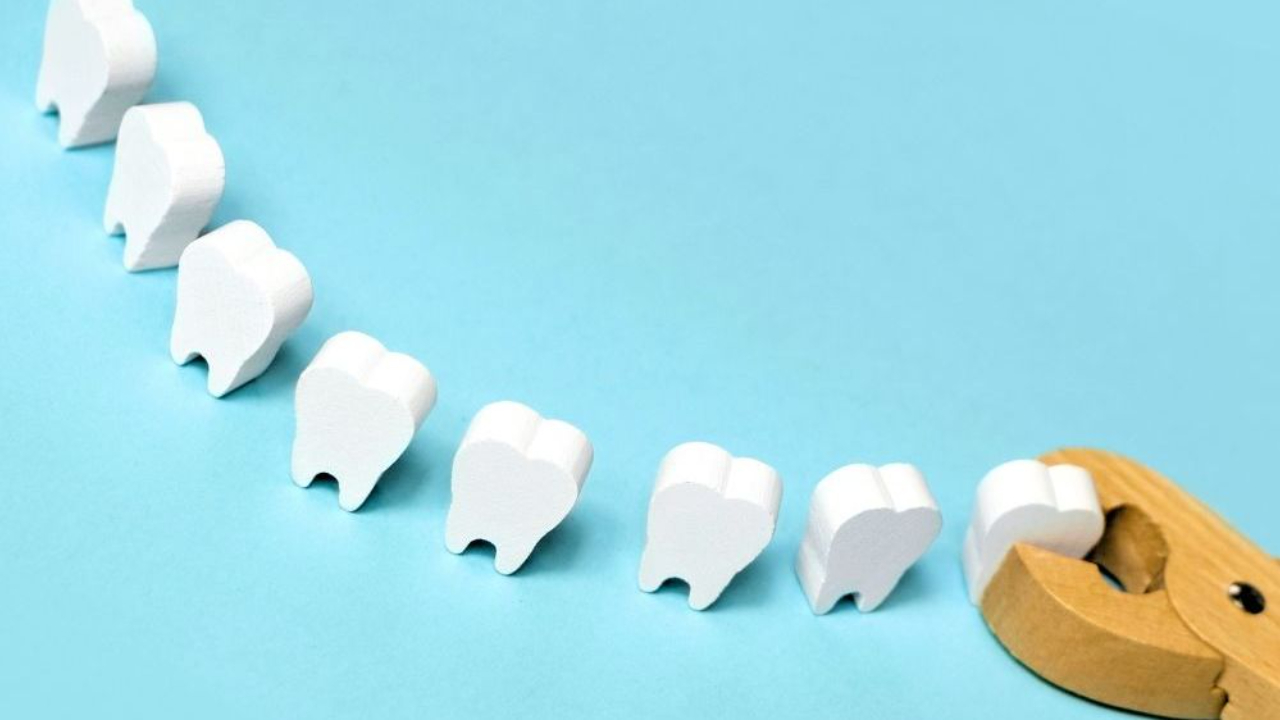
Tooth extractions, also known as exodontia, are a common dental procedure. For most patients, these operations go smoothly and without any difficulty. However, there are some scenarios—such as damaged teeth or complex root systems—that can hinder the process and create challenges for the procedure. Discover the most common factors that contribute to a difficult exodontia, as well as how you can navigate these situations to provide the best care for your patients.
Decayed or Broken Crowns
A damaged tooth is one of the most common reasons to perform a surgical extraction instead of a simple removal. Severe decay, fractures, and other issues make it hard to perform a clean extraction. In these cases, the dentist needs to take extra care to ensure they remove the entire tooth without leaving pieces behind.
Fragile Teeth
Not all tooth damage is obvious, so it’s important to closely examine the crown for cracks or other damage that indicates the tooth is fragile. If you...
Helpful Tips for Improving Your Dental Skills

Being a skilled and trustworthy dentist goes so far beyond just knowing the information found in textbooks and medical journals. A truly great dentist never sits on their laurels or lets their skills atrophy. Whether you’re just starting out or a seasoned professional, working on the basics of dentistry and improving those skills is essential. We’ll give you a few tips for improving your dental skills that should put you ahead of those who don’t continue to learn.
Practice a Dexterous Skill
Superior hand skills and having the ability to move your hands exactly the way you want to are crucial to being a successful dentist. Hand-eye coordination needs to be carefully developed and nurtured over time, as you can start to lose it if you’re not careful. Certain hobbies and skills that you do in your free time can help you maintain the dexterity you need to succeed. Artistic pursuits such as drawing, painting, and pottery can help improve these skills. Even playing...
Top 5 Oral Surgery Courses for General Dentists

Getting your degree in dentistry is already a long and grueling journey, but the motivation to learn even more about your practice over time should never go away. General dentists often find that they can help their patients far more if they have experience performing oral surgeries. If you’re looking to expand your skill set in dentistry, these are the top oral surgery courses for general dentists who want to continue their education.
Tooth Extraction
When it becomes necessary to remove a tooth entirely for one reason or another, you can learn the best methods for doing so safely by taking a tooth extraction course. Dental extraction CE courses focus on building the skills that will allow you to remove a tooth quickly while causing the least amount of damage possible to the mouth and gums. This is a common procedure, so it’s worth mastering the skills necessary to perform it.
Implant Placement
Dental implants are quickly becoming far more common as materials and...
What To Look For in an Implant Dentistry Course
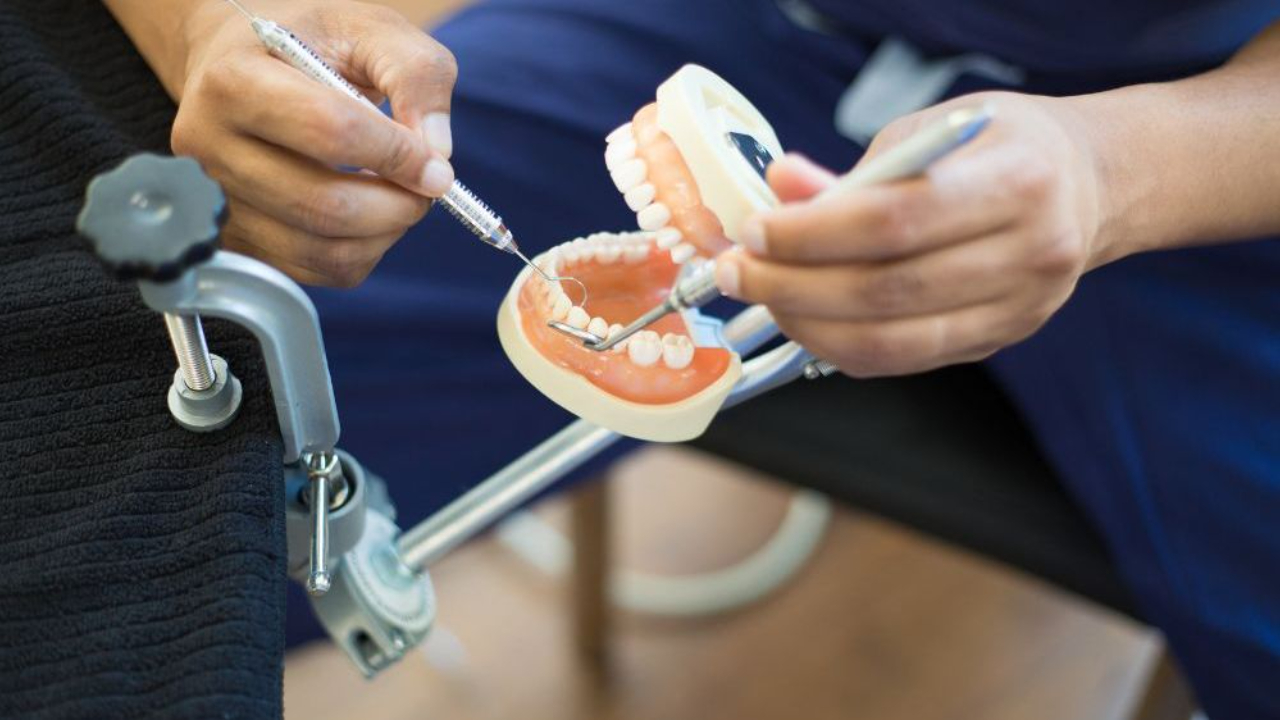
When you start looking for courses to take to improve and expand your dentistry skills, you’ll want to examine your options carefully. Implant dentistry is something you have to learn through practice and repetition, but not every course offers this kind of instruction. This is what to look for in an implant dentistry course so you can be sure you’re getting useful information and building your confidence in performing the procedure.
Hands-On Training
While watching someone else perform the implant process or looking at videos can certainly help you, nothing can beat hands-on experience. You want to make sure that any implant dentistry course you take won’t just give you some hands-on training. It should also provide opportunities to practice so you can get comfortable with the procedure and challenges you might run into when performing it.
Live Patient Practice
When looking for an implant dentistry course, it’s a good idea to find one that allows you to work...
Can General Dentists Perform Tooth Extractions?
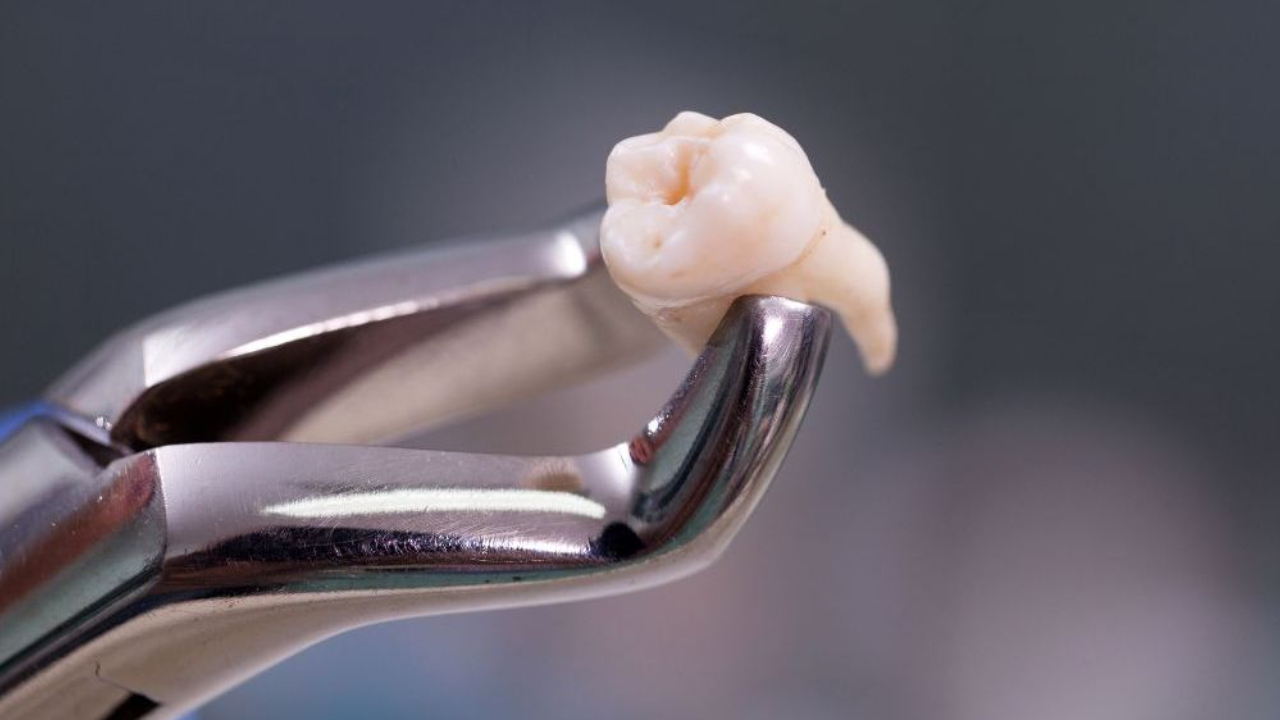
As an expert in the field of dental care, understanding if you can perform certain procedures is key. Because tooth extractions are so common, it’s especially important to know when a general dentist can perform the procedure and when the situation calls for a more specialized professional.
Can general dentists perform tooth extractions? The answer requires an understanding of the differences between simple and surgical extractions and which professionals can perform each procedure. Oral surgeons often handle more complex surgical extractions, but with the right training, general dentists can also confidently perform this procedure. Learn more about the intricacies of tooth extractions and their required qualifications with this guide.
Simple Extractions vs. Surgical Extractions
Tooth extractions are a routine procedure for people of any age. Generally speaking, the two types of tooth extractions are simple and surgical.
A simple extraction is the removal of a tooth that is...
Why Dental Study Clubs Can Be a Useful Tool

Are you looking for ways to stay up-to-date with all of the new dental methods and technologies while also furthering your professional career? If so, consider joining a dental study club in your area. Dental study clubs provide an unparalleled opportunity to collaborate with like-minded professionals, making them a valuable tool for post-graduate dentists.
The right study group gives you the resources and encouragement you need to explore industry innovations, collaborate with colleagues and mentors, and continuously improve your knowledge and skills. Learn more about why dental study clubs can be a useful tool in your dental career with this guide.
Improve Knowledge and Skills
Joining a dental study club can be an excellent way to increase and refine your knowledge in the field. In a study club, you can meet with other professionals and work together to shape your career. Through activities like lectures, discussions, training courses, and hands-on demonstrations, you will have a...
